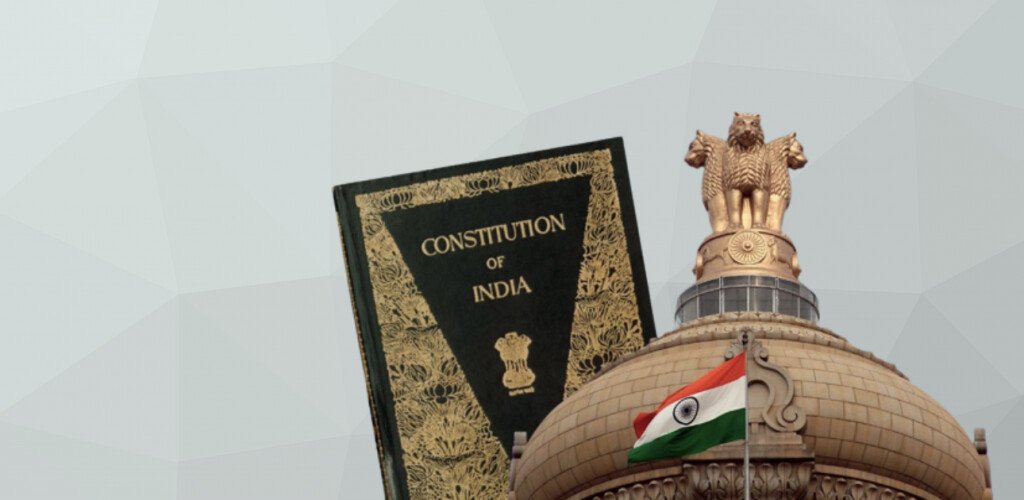By: Priyanka Saurabh
India’s criminal justice system seems to be beset with problems not only in the constitutional fabric of the institutions but also in the psyche of the functionaries. Just as we have learned to live with the pandemic, we have learned to live with such problems. As Professor Andrew Ashworth put it, “a just and consistent criminal justice system is an unrealistic expectation of the people”.
Agencies in the criminal justice system are repeatedly accused of enforcing the law, adjudicating crime, and improving criminal conduct. Criminal justice system reforms broadly include judicial reforms, prison reforms, and policy reforms. It is essentially an instrument of social control. The criminal laws in India were codified during British rule, which has remained more or less the same in the 21st century.
Lord Thomas Babington Macaulay is said to be the chief architect of the codification of criminal laws in India. The criminal law in India is governed by the Indian Penal Code, 1860, the Code of Criminal Procedure, 1973, and the Indian Evidence Act, 1872, etc. The first problem is the disposal of pending cases. More than 4.4 crore cases are pending before the judiciary. It is unlikely that this problem will go away anytime soon.
Second, the justice system for the marginalized sections of citizens is and probably will be inaccessible. As Amartya Sen said, our justice system follows a transcendental institutional approach, where the focus is on fixing institutional arrangements regardless of the world that emerges from such a system. In a world where the focus is on institution-building rather than capacity building, marginalization of weaker sections of society is inevitable.
The third is the problem of abuse of power by the police. The colonial mindset with which the institution was built is unshakable. It determines and regulates how the police discharge its functions. Our emphasis on crime control values also encourages such abuses of power. Hoping that this kind of abuse will end is only wishful thinking unless we are ready to completely overhaul the policing system overnight.
Fourth, crime prevention is an imaginary goal of our criminal justice system. Achieving 100% success in crime prevention through law or police is an unattainable ideal. Research studies have shown that higher punishments affect the prevention of crimes while reducing crime rates. Similarly, initiatives such as community policing and situational crime prevention have not yielded any concrete results so far.
Fifth, the treatment of criminals is yet to be implemented. Several law commissions and committees have recommended non-custodial measures of punishment for offenders, yet these are yet to be put into practice. Even when we have the problem of overcrowding prisons, custodial punishment is seen by governments as a more effective measure. Sixth, there is a lack of reliable state-sponsored data collection, maintenance, and analysis mechanisms.
Data from the National Crime Records Bureau marks the limits of such data collection and analysis; the methodology adopted by these reports can be criticized on several grounds; little effort is made by the state to map the perception of justice by the victims and the common man. The governments and the state also do not feel that there is a dearth of reliable data. However, reforms in criminal laws and criminal justice have been recommended that these problems will go away with time and effort.
Our experience shows that this is not true. On the contrary, it must be recognized that these problems will persist unless massive changes are brought about simultaneously at the institutional, social, and individual levels. Accepting these problems as assumptions is likely to have a favourable impact on the way we plan for institutional reforms and responses. For example, if we accept that our institutional system cannot guarantee access to justice for the most vulnerable sections of society, our approach may shift towards building the capacity of such sections to tap into the criminal justice system.
Similarly, when we recognize that the abuse of power by the police is going nowhere and that merely imposing moral obligations on police officers will not solve the problem, then we can move on to the development of independent investigative procedures and police officers. Can impose harsh punitive sanctions against wrongdoers. If we accept that the problem of pendency has become so great that we cannot settle all these cases in 10 lifetimes, perhaps we will be able to curb our tendency to over-criminalize the conduct.
Any recommendations made by researchers and reformists should be made only after recognizing these problems as a reality. Any project aimed at criminal justice reform must instead acknowledge the problems we face.
Only then can we make an overall reform of our criminal justice system. If the administration of justice wants to give good results and the courts must act very promptly.
The innocent person should be released immediately and the guilty should be punished at the earliest. The problem of delay in cases is not new in India; it has been in existence for a long time. The Supreme Court made it clear that a speedy trial is the essence of criminal justice and delay in a trial in itself constitutes a denial of justice. The Indian Constitution considers the duty of the judicial system to provide a legal system to deal with problems related to justice.
Courts in India have different levels for decided cases but there are many pending cases and the number of pending cases is increasing day by day. Priority should be given to expedite the disposal of such cases and provide transparent, real-time access to justice. So that the judiciary system in India is expected to be the watchdog and shield of authority. (The author is a Research scholar, poet, freelance journalist, and columnist)







